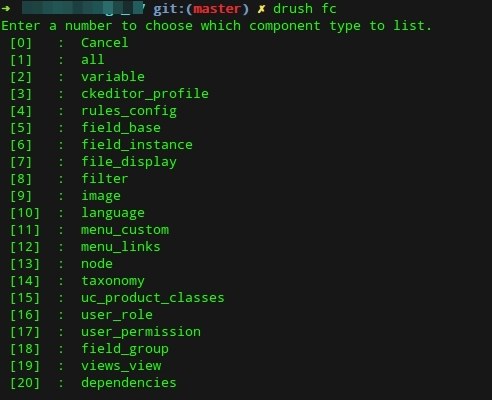What is the features module?
![]() Some time ago, a client asked me about the features module. He wanted to know what the features module is about and how it can help him with his project. Their set up was a pretty complex e-commerce application involving multiple content types and integration with 3rd party services. Yet, they were not using features and would manually replicate any changes from the developer's machine to the server. He was concerned about maintaining the site and how he could add some new functionality without breaking the existing configuration. My recommendation was that they start using features. He had not idea what it was so I wrote him an email explaining. Read on my full reply.
Some time ago, a client asked me about the features module. He wanted to know what the features module is about and how it can help him with his project. Their set up was a pretty complex e-commerce application involving multiple content types and integration with 3rd party services. Yet, they were not using features and would manually replicate any changes from the developer's machine to the server. He was concerned about maintaining the site and how he could add some new functionality without breaking the existing configuration. My recommendation was that they start using features. He had not idea what it was so I wrote him an email explaining. Read on my full reply.
